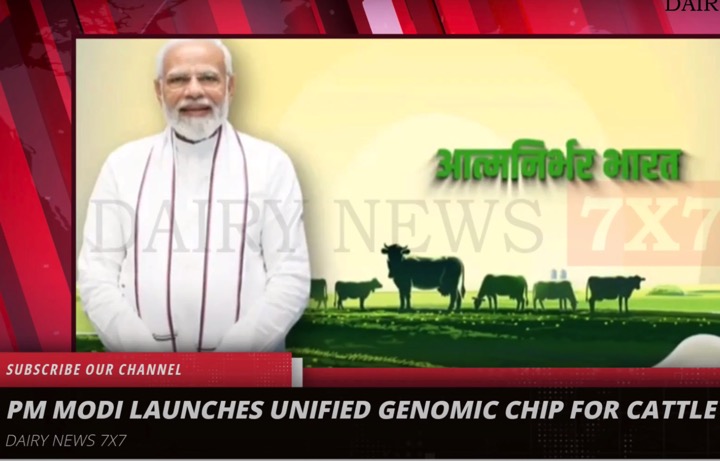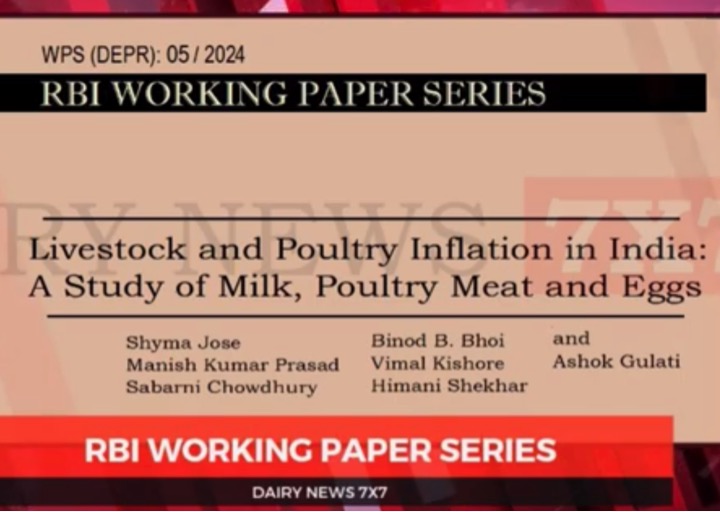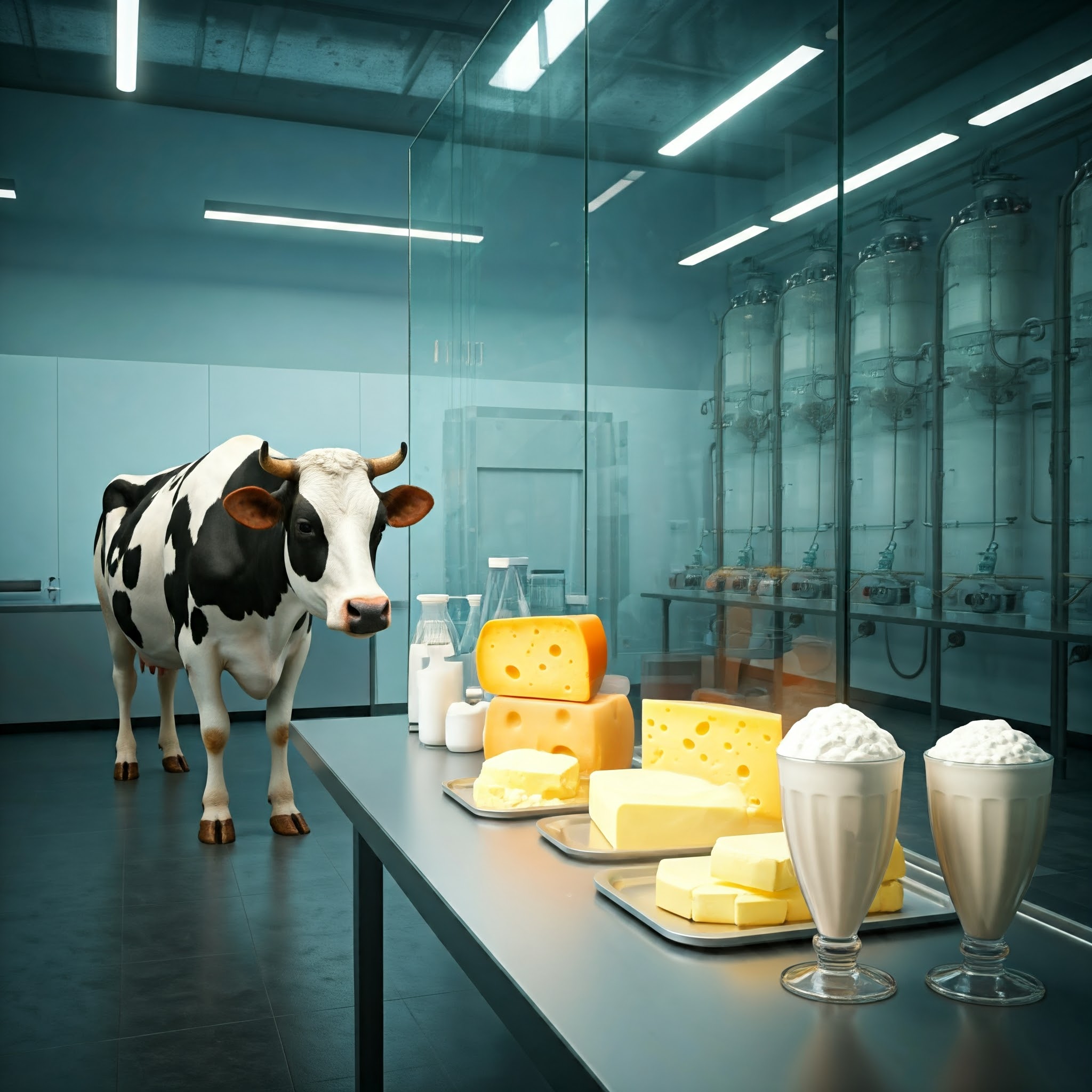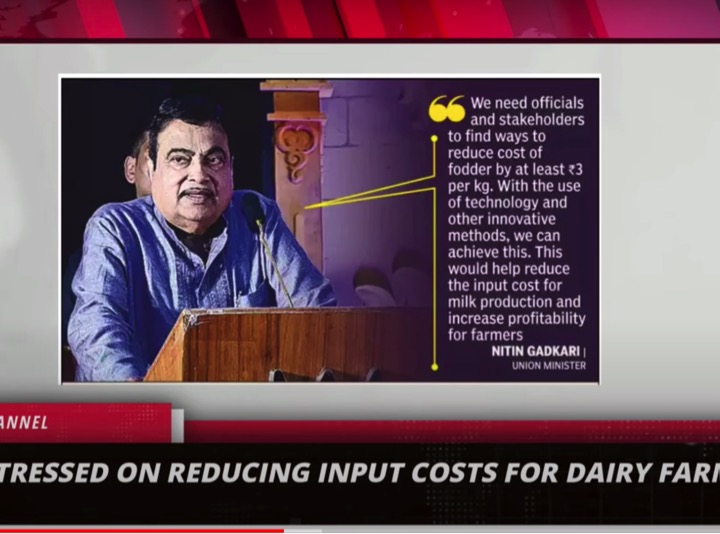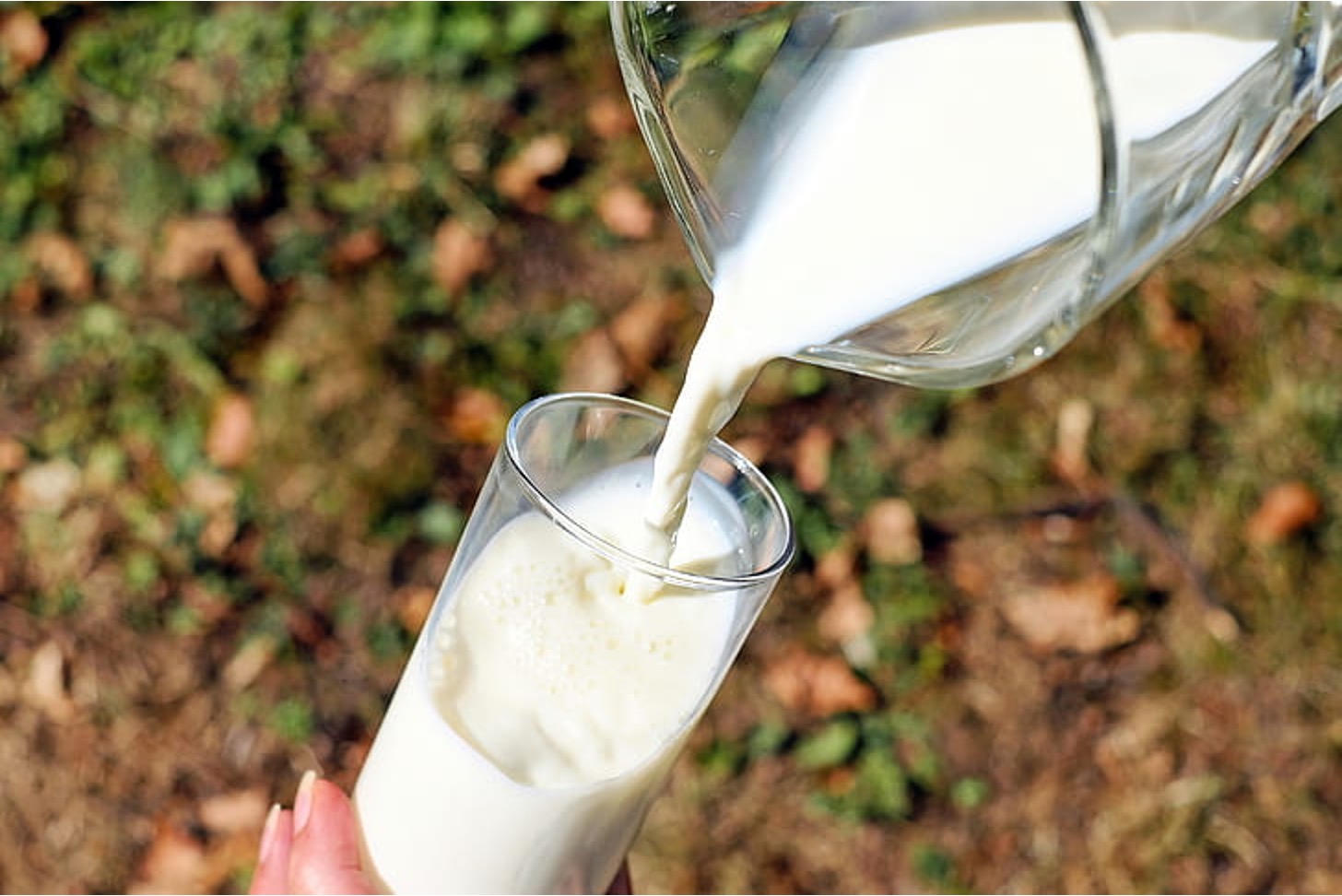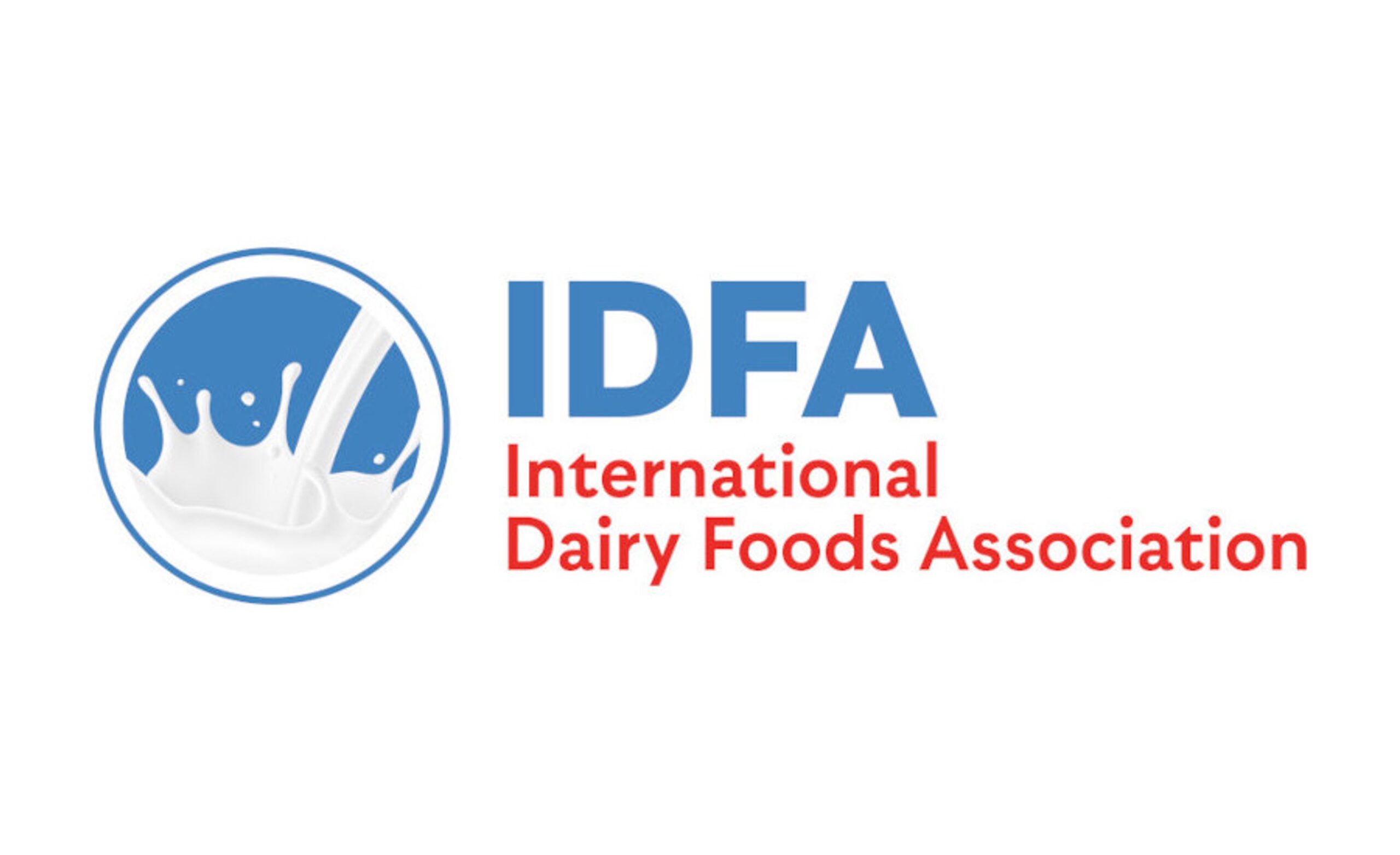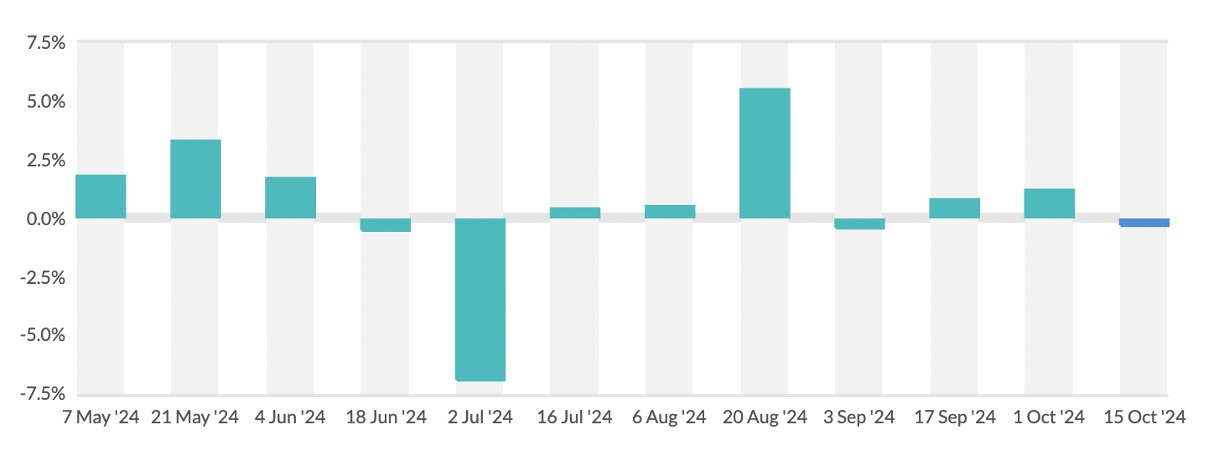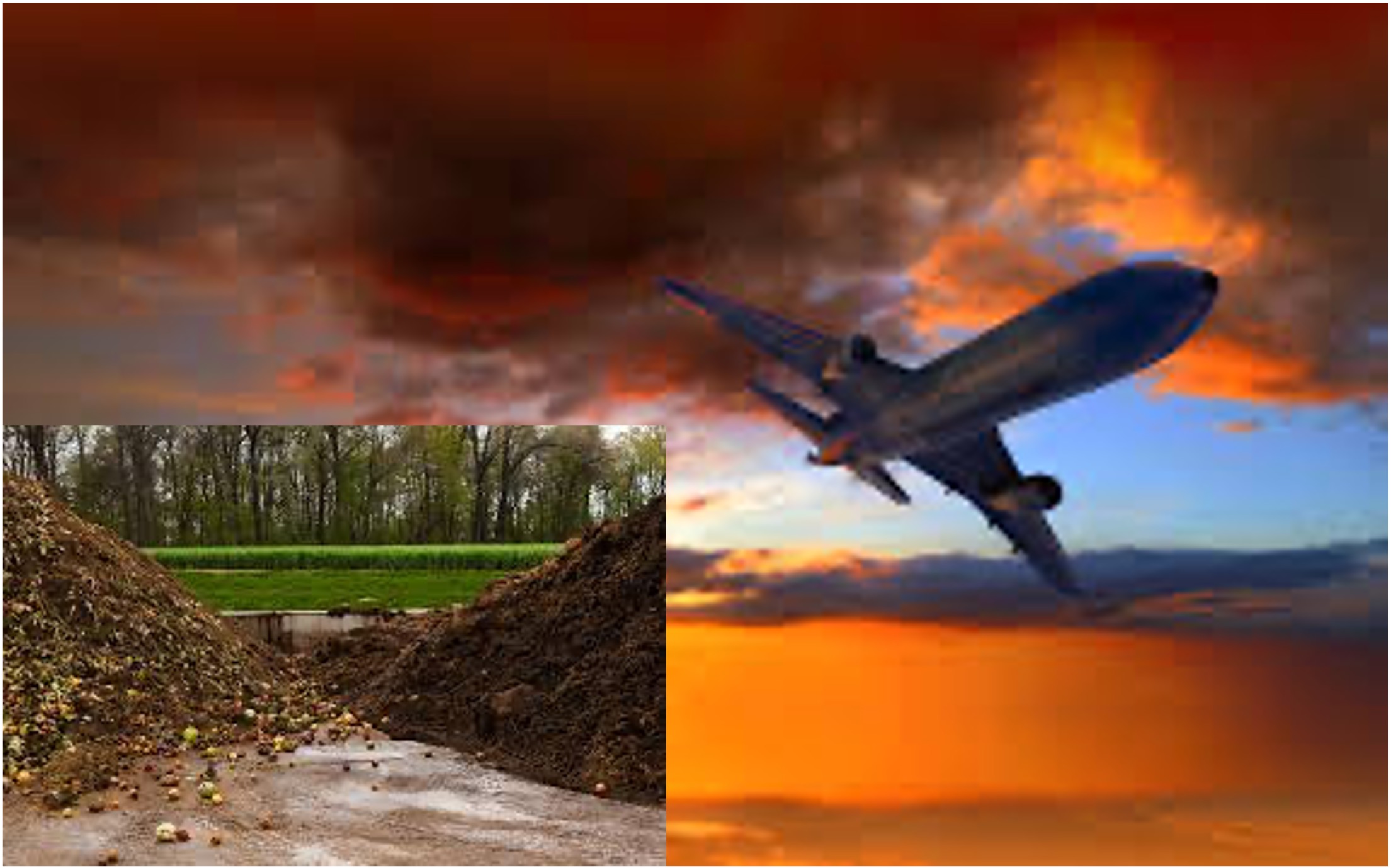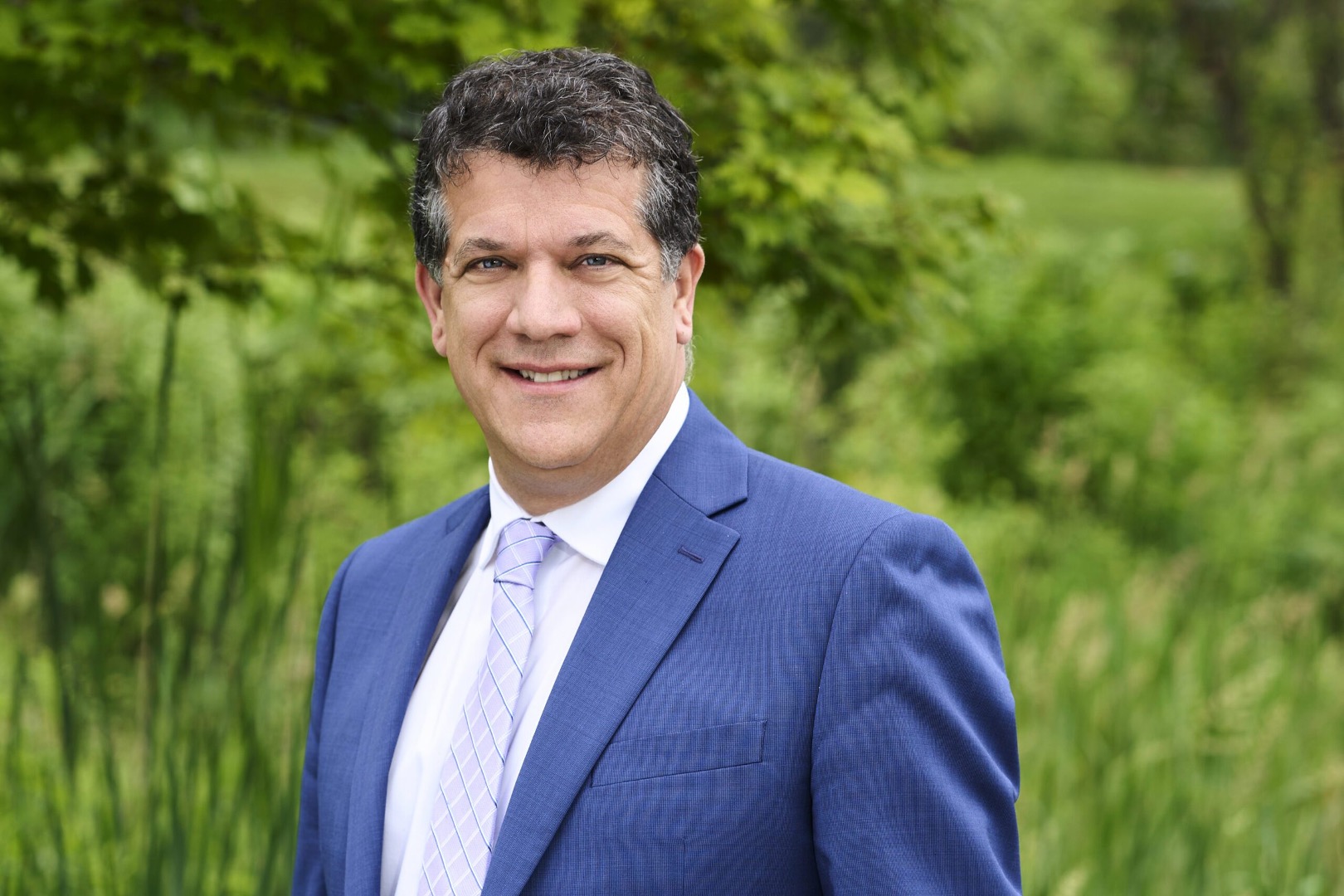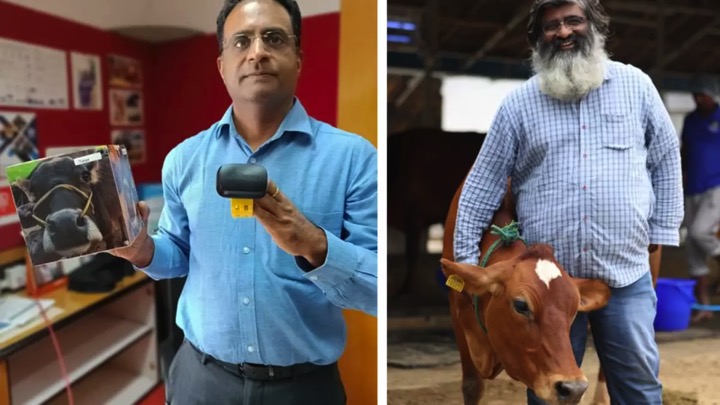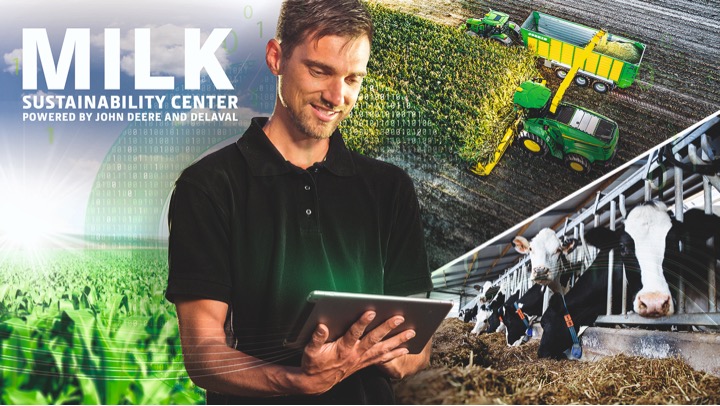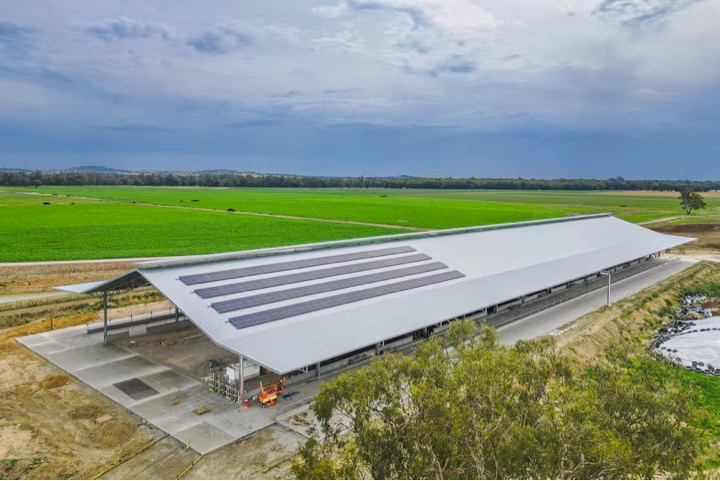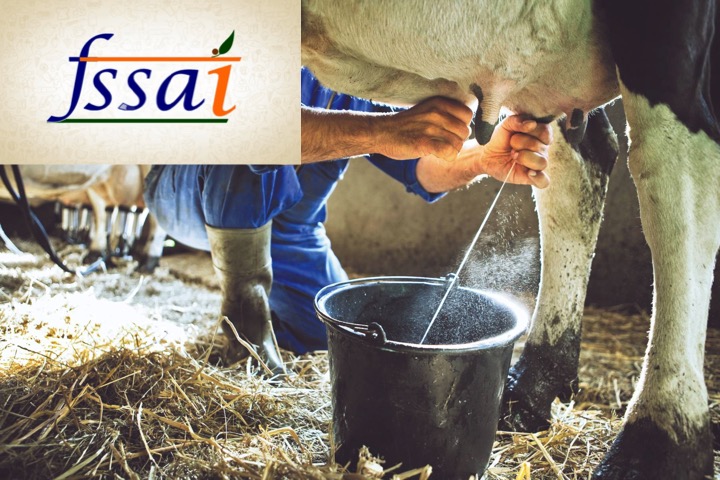The Washington State Conservation Commission has awarded researchers from Washington State University Tri-Cities $200,000 to test a new process for managing manure. It has the potential to decrease greenhouse gas emissions, while also making the process more economical for dairy farmers and improving cow health.
“The research funded by this grant will emphasize improvements in local and global agriculture by improving manure management,” said Birgitte Ahring, professor at WSU Tri-Cities, and an expert in biomass conversion and anaerobic digestion. “We are hoping with this research we can show value and solve some problems for dairy farmers.”
Methane from cow manure is a major contributor to greenhouse gases emitting both carbon dioxide and methane to the atmosphere. Currently many dairies manage manure by adding it to ponds or lagoons so it can be spread over crops as fertilizer during growing season. This method results in emission of greenhouse gases, and further lead to contamination of streams, rivers, and lakes.
Some large dairies recycle the manure solids by separating the solids before adding it to lagoons using a screw pressing process. These solids are then used as a bedding material for the cow sheds. However, this method has the potential to cause infection in the animals which decreases the quality and quantity of milk they produce.
Using anaerobic digestion to create biogas is another solution that some farmers have tried. While this method reduces the impact of the manure on the environment and creates a useful bioenergy source, the manure contains high levels of certain organic material, called recalcitrant lignocellulosic material, that impedes the amount of biogas that can be produced. Consequently, this affects the economics of anaerobic digestion and the efficiency of using it for managing manure, keeping many farmers from adopting it.
In the project Ahring and her research team will use an existing pre-treatment technology to open the biomass material and enhance the carbon conversion efficiency of anaerobic digestion. The expectation is that up to 100% more biogas will be produced resulting in up to 80% carbon conversion efficiency compared to maximum 50% for conventional anaerobic digestion. It is expected that this pre-treatment process will further sanitize the manure solids and make it safe as a bedding material. For testing the effect of pretreatment on infectious microbes, Ahring has partnered with Craig McConnell, associate professor at WSU Pullman and the director of the veterinary medicine extension.
The hope is that this solution for manure management will not only reduce methane and greenhouse gasses by producing renewable natural gas for the natural gas grid, but further enhance the economics of milk production by improving the health of cows and reducing infection in dairies, where manure solids are used as bedding.
As directed by the grant, Ahring and McConnell will disseminate the results from the project in June 2025 to Washington dairies, industries providing AD plants etc.
“It is our hope that if they can see how this new technology positively impacts their core business and offers both economic and environmental benefits, they will be positive toward future demonstrations and implementations,” Ahring said. The Washington State Conservation Commission works to conserve natural resources on all lands in Washington state, through voluntary and incentive-based programs, in collaboration with conservation districts and other partners.







